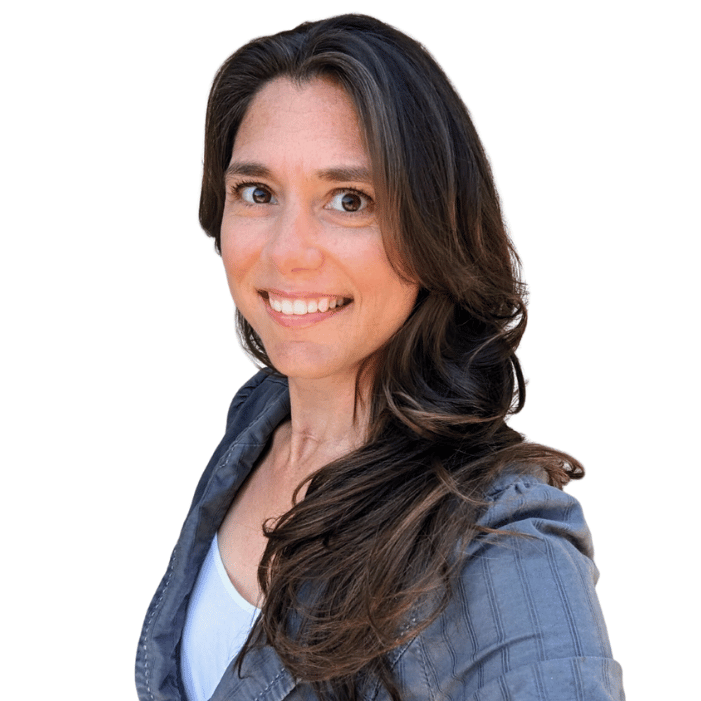Medicare Documentation Guidelines for Skilled Nursing Facilities

In one year alone, Medicare made an estimated $5.8 billion in improper payments — payments that shouldn’t have been made or were made in the incorrect amount — for skilled nursing facility (SNF) services. Payment decisions are made based on the information in clinical records, and it’s crucial that documentation gives an accurate picture of the patient’s condition and treatments.
We’ll discuss Medicare documentation guidelines for skilled nursing facilities, and review tips for ensuring that your team’s charting is accurate and in compliance. We’ll cover the basics of documentation, so your facility can provide quality patient care while being assured of receiving the correct reimbursement for SNF services.
Nursing Home Documentation Requirements
Documentation in SNFs is a complex process and requires careful review of Medicare guidelines. According to Centers for Medicare and Medicaid Services (CMS) regulations, skilled nursing facilities must maintain clinical records on each resident in accordance with accepted professional standards and practices that are:
- Complete
- Accurately documented
- Readily accessible
- Systematically organized
It’s important to note that this guidance leaves room for the facility to use either traditional paper charting or an electronic health record (EHR) system. When reviewing documentation requirements, remember that your facility might be subject to state regulations that are stricter than federal guidelines.
If an organization uses an EHR, a system must be in place to ensure data control and maintain patient data security. Staff should only be able to access and enter documentation based on their qualifications.
Importance of Accurate Skilled Nursing Documentation
Examples of standard clinical records should show an accurate representation of each resident’s actual experiences within the facility. Although Medicare leaves it up to the facility to decide how often progress updates should be made, the documentation must describe the resident’s condition, response to treatments, and any changes that occur.
Documentation in the clinical record must include:
- Sufficient information to identify the resident.
- A record of the resident’s assessments.
- Plan of care and services provided.
- The results of any preadmission screening conducted by the state.
- Progress notes.
Accurate documentation is essential for meeting these requirements and ensuring accurate reimbursement for services. In 2021 alone, insufficient documentation accounted for 60.2% of Medicare reimbursement denials for SNF services. Most often, the culprit is missing required documentation including support for level-of-care billing codes, orders for outpatient hospitals, and certification or recertification of documents.
Key Elements of Medicare Documentation
Guidelines for skilled nursing facilities that are Medicare or Medicaid-certified require the use of the Resident Assessment Instrument (RAI), which includes the required Minimum Data Set (MDS) 3.0 and Care Area Assessments (CAAs). Residents are evaluated at admission, discharge, and at other time intervals, such as quarterly or when there’s a significant change in status. These assessments, which evaluate the resident’s functional capabilities and health needs, form the basis for documentation requirements and Medicare skilled nursing facility reimbursement rates.
Standard SNF assessments have developed over time based on the best practices of facilities and Medicare documentation guidelines. For skilled nursing facilities, common types of assessments requiring documentation include:
- Pre-admission assessment
- Admission assessment
- Fall assessment
- Skin assessments — risks of, and actual, skin problems/pressure ulcers
- Bowel and bladder assessment
- Physical restraint assessment
- Self-administration of medication
- Nutrition assessment
- Activities/recreation/leisure interest assessment
- Social service
- Mental and psychosocial functioning
- Restorative/rehab nursing assessment
- Rehabilitation services
In addition to assessments, other types of required documentation include care plans, progress notes (physician and nursing), Medicare physician certifications, orders, rehab therapy, medication administration records, and discharge documentation. When documenting the related notes, use specific, objective language.
Nursing Documentation Guidelines: Tips for SNFs
The following tips for documentation at a SNF facility, including advice specific to paper charting and electronic systems, will help you stay on track.
|
|
|
|---|---|
| General Documentation Tips |
|
| Paper Charting Tips |
|
| EHR Charting Tips |
|
Challenges in Medicare Documentation
Guidelines for skilled nursing facilities are very complex. At the same time, errors are incredibly important to avoid because of the impacts on patient care, reimbursement, and legal liabilities. To minimize claim denials, your team should assess and update treatment goals often since these help determine coverage.
Physician certifications and recertifications for SNF services are the top reason for denials. This documentation, which shows medical necessity for services, is challenging for two reasons — it must be complete and timely. Certifications present what qualifies a patient for skilled nursing care. To prevent denials, make sure the medical record clearly shows that:
- The patient needs services that require the skills of professional health.
- The services are needed to treat the medical problem and are consistent with the illness or injury severity, patient’s medical needs, and accepted medical practice standards.
Required documents include:
- Certification that the patient needed daily skilled care only provided in the SNF setting.
- Authenticated plan of care.
- Time (in minutes) for therapy service provided.
Medicare documentation guidelines can also be challenging for many facilities because they require interdisciplinary coordination. Conflicting documentation between clinicians is a common source of certification/recertification denials. For example, if a physician bases their certification on a patient’s need for speech therapy, the documentation from the speech therapist should support the physician’s assessment. If it doesn’t, then the patient wouldn’t be eligible for services and reimbursement will be impacted.
Want More Tips to Increase Medicare Reimbursements?
We’ve taken a close look at Medicare documentation guidelines for skilled nursing facilities. If you’re looking for more resources for increasing your reimbursements, IntelyCare is your trusted source for information. Stay in the loop about nursing and facility management insights with our free newsletter.
Legal Disclaimer: This article contains general legal information, but it is not intended to constitute professional legal advice for any particular situation and should not be relied on as professional legal advice. Any references to the law may not be current as laws regularly change through updates in legislation, regulation, and case law at the federal and state level. Nothing in this article should be interpreted as creating an attorney-client relationship. If you have legal questions, you should seek the advice of an attorney licensed to practice in your jurisdiction.

